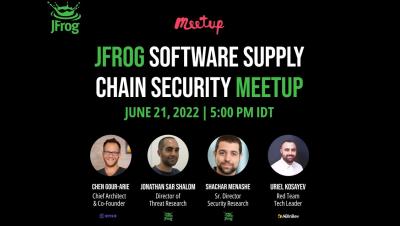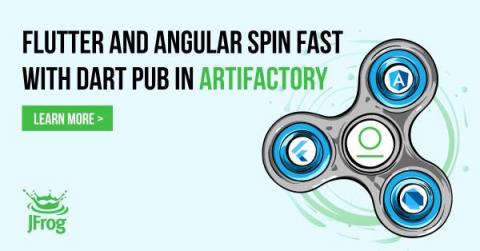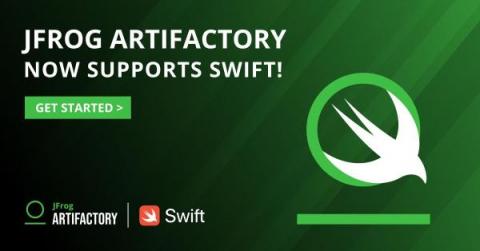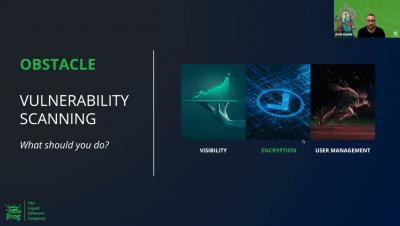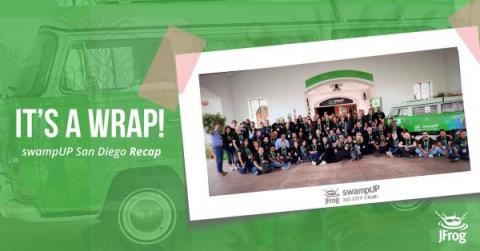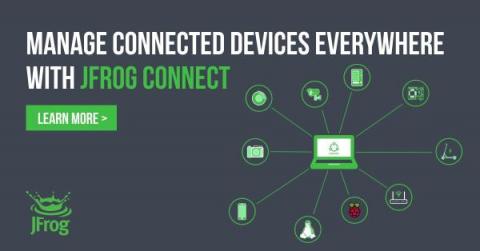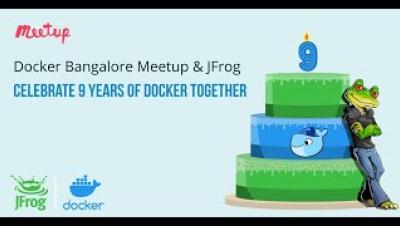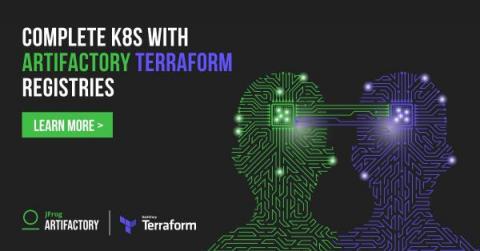Supply Chain Security Meetup June 21 2022 (Sponsored by JFrog)
Software Supply Chain Security Virtual Meetup Open-source vulnerabilities are in many applications. While finding them is critical, even more, critical is remediating them as fast as possible. Securing your software supply chain is absolutely critical as attackers are getting more sophisticated in their ability to infect software at all stages of the development lifecycle, as seen with Log4j and Solarwinds.


